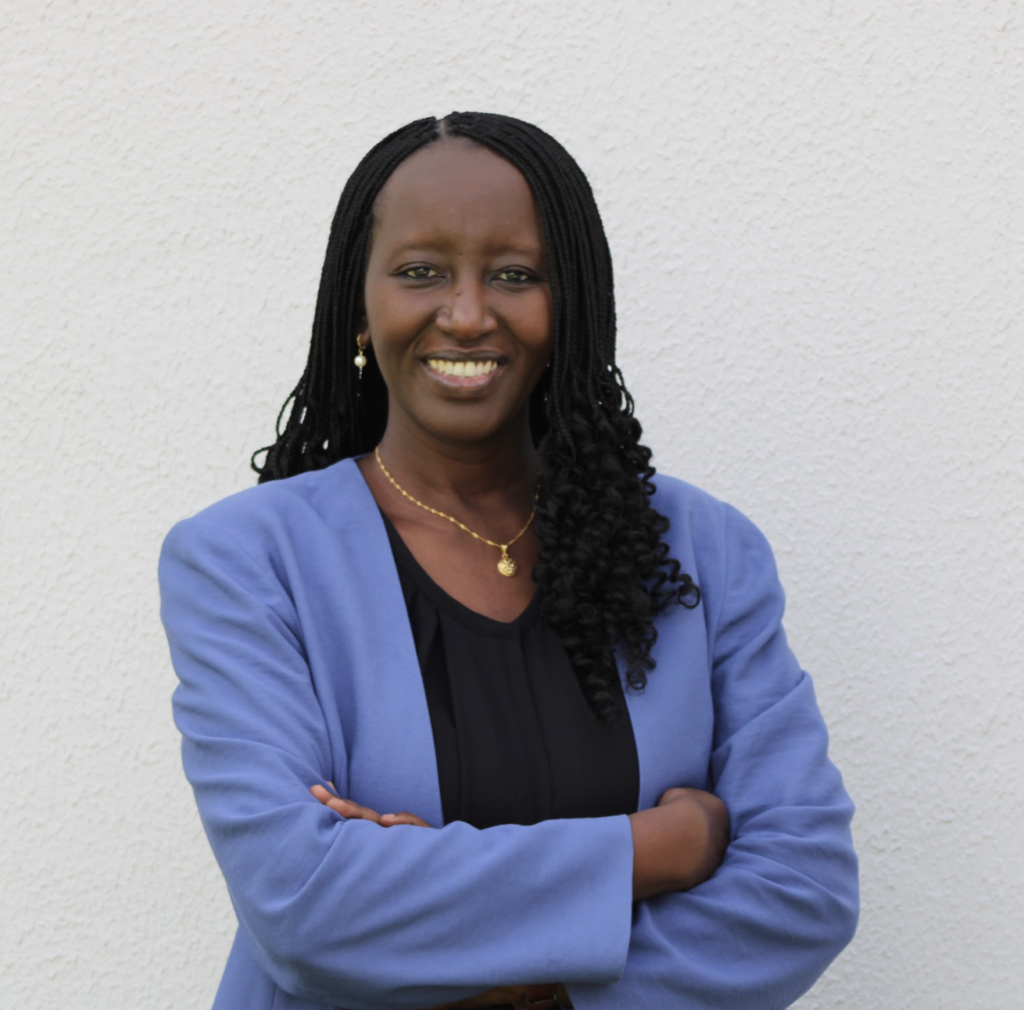Do you want to excel in community college? If so, read this article, which tells you five steps you can take, starting today.
We’re heading into a new year when many people make resolutions they want to commit to. I’ve never made New Year’s resolutions myself, but for years, I’ve set goals to keep me on track toward what I hope to accomplish. Goal setting has been a way for me to organize my thoughts and actions around the things I want to achieve and to keep myself accountable to my own priorities.
When I became a community college student in 2012, goal setting was even more important for me because all of sudden I had to learn to adapt to this new world of higher education. The five steps that I discuss in this article helped me get the most out of my learning in community college, to graduate within a reasonable amount of time, and to transfer to a university.
I hope that when you take these five steps, you will excel in community college.
Step #1: Bring a Positive Attitude to Your Learning
One of my key advantages was the enthusiasm I brought to my studies.
My attitude was: I’m happy to be here and blessed to have this opportunity to learn. Because of my background as a high school dropout, I didn’t take this opportunity for granted. Though I was well aware of my many academic weaknesses, including in English and math, I had the drive to continuously learn and improve.
My positive attitude kept me humble, which allowed me to ask for help at every turn, believing that there were people who had answers to my many questions. A positive attitude also reminded me to be grateful, especially when things got really hard and overwhelming and thoughts of giving up on my college education were ever-present in my mind.
Having a positive attitude doesn’t mean that you have to pretend that things are always going right. It means that you constantly choose to put your particular situation into perspective, recognize what part of it is still going right, and work to improve what’s going wrong.
- What is your definition of a “positive attitude”?
- When you’re faced with challenges, do you see the glass as half full or half empty?
- Can you reflect on one experience when having a positive attitude allowed you to solve a problem?
Step #2: Commit to Being a Student
Another major advantage I had in community college was that I embraced my role as a student. I was mostly learning for the sake of learning, not for any external reward, such as a good grade or to get a better-paying job (though I certainly wanted those things too).
My thinking was, I’m here to learn and will take advantage of every opportunity to do so. This mindset allowed me to be a student throughout my time at community college. Because I was dealing with many other life responsibilities outside class as a married mother of three small children, my circumstances could’ve stopped me from being fully present as a student, or I could’ve simply focused on doing the minimum to pass my classes.
At first, I was eager to learn many skills, such as English grammar and writing, and to relearn math skills, such as arithmetic. I also wanted to score high grades, setting my sights on earning A’s.
But gradually, I started to focus less on grades and more on how I could truly understand what I was being taught. This shift in mindset and approach led me to deeply engage with the subjects I was studying, while at the same time earning high grades in class after class.
In other words, I didn’t just focus on checking boxes: attending my classes, passing them, and signing up for classes for the following semester. Maintaining that kind of momentum is important for staying the course, but it’s not enough. I actually focused on learning skills and understanding what I was being taught, which resulted in my becoming a better reader, writer, and critical thinker.
When you commit to being a student in community college, you get much more out of the experience than a degree. You get lifelong skills that you can use across your academic and professional careers.
- What does being a student mean to you? Is it making learning a priority in your life, or do you simply aim to pass classes?
- What is your attitude toward learning? Do you find it a boring chore or an exciting adventure?
- Do you value knowledge for its own sake, or just as a tool for fulfilling your career and financial goals?
Step #3: Strive for Excellence
By striving for excellence, I mean aiming to produce your best possible work. This is when you push yourself to the next level. When you focus on producing your best work, what happens is that you learn many other skills along the way that benefit you short- and long-term.
For example, if you’re assigned an essay, you might take the following steps:
- Produce your first draft.
- Edit the draft on your own, which becomes the second draft.
- Read the draft closely to make any additional edits on your own, which becomes the third draft that you submit to your professor.
That’s already a commendable effort.
However, if you take the following steps, you position yourself for much better results.
- Produce your first draft.
- Edit the draft with the support of an English tutor, which becomes the second draft where you carefully incorporate the suggested edits.
- Get feedback on that second draft from your professor and implement it, which results in a third draft.
- Make additional edits of your own and produce the fourth draft.
- Review that fourth draft with an English tutor once again for their insights and incorporate that feedback into a fifth draft.
- Do a final close reading and line-by-line editing of this fifth draft to produce the sixth, and then submit this final draft to your professor.
That’s the kind of next level-effort that produces next-level progress. Through this rigorous editing process, what you gain is not just the production of an improved paper but also skills that you can reapply over and over, such as editing, communication, time management, collaboration, resilience, and critical thinking.
In this case and often in life, when we put forth minimum effort, we get minimum results. And when we put forth maximum effort, we get maximum results.
When you choose to approach every assignment as an opportunity to take yourself to the next level, you’ll learn new skills and solidify those you already have, enjoy your learning process more, and position yourself to score higher grades.
- What does excellence mean to you? Does excellence always mean getting an A, or does it mean doing the best you can in a course and seeing the improvement in your knowledge and skills? Could excellence be defined as really engaging with the material you’re studying and putting it to work in your life?
- How do you plan on taking your learning skills to the next level through your academic assignments?
- What concrete steps can you take to collaborate more with your tutors and professors and therefore enhance your learning process? For example, scheduling a weekly appointment with an English tutor to edit your papers? Going to your professor’s office hours every week?
Step #4: Focus on Your Tasks for the Day
In today’s world, focusing has become one of the hardest things to do, but it remains one of the most important. It takes conscious effort to get away
from the avalanche of distractions we’re faced with on a daily basis, including social media, the internet, 24/7 cable news, computers, phones … At any given moment in our day, we have access to endless information capable of taking our attention away from what’s critical in our lives and directing it toward things that we either have zero control over or don’t improve our lives in any way.
To minimize these distractions, be relentlessly clear and intentional about what you want to accomplish on any given day by writing a to-do list either the night before or in the morning before you start your day. If you’re not intentional about what you want to achieve on any given day and focus on that, something or someone will pull your attention away from what is essential to your life, including your education, to something that brings little or no benefit to you.
For a further discussion on how to stay focused, read my article 3 Effective Ways to Manage Your Time as a Community College Student.
- What do you want to accomplish today? For example, brainstorm and create an outline for your assigned essay? Attend a tutoring session to get additional insights about your assigned essay?
- What system do you plan to use to accomplish your tasks day in and day out? For example, could you outline your academic to-do-list in a notebook before starting each day and commit to accomplishing those tasks daily?
- How do you plan to protect yourself from distractions so you can focus on education? For example, could you remove yourself from social media sites or limit your surfing time? Could you reduce the hours you spend watching TV, Netflix, or Youtube or scrolling on TikTok, or Instagram?
Step #5: Have a Vision for Your Education
For me, my vision for my education was multilayered: I had goals that were immediate, intermediate, for the near and distant future. I created a vision for my education gradually as I learned more about myself as a student and sought the guidance of trusted individuals in my academic and personal lives. And my vision looked something like this:
- Immediate: Working on what I needed to accomplish day-to-day, including attending classes and completing assignments and papers.
- Immediate: Meeting with my academic advisor and financial aid advisor at least once per semester to sort out the classes I needed to register for the following semester and make sure I had the financial aid to pay for my education.
- Intermediate: Selecting a major after my first year of study, clarifying my target graduation date with my academic advisor, and working to achieve that goal, for example, by taking enough courses each semester and making sure all of them counted toward my major.
- Near future: Thinking about what university I wanted to transfer to and why and preparing myself for that eventual transfer, for example, by researching that school’s requirements and paying it a visit to learn from its staff and students what to expect when I get there.
- Distant future: Contemplating what career I wanted to pursue in the future and why and how my community college education and bachelor‘s degree could position me for that career. I asked myself questions like, What career do I want to pursue and why? Is my program considered an academic track that leads to my desired career? Do my skills, life experiences, and goals align with my desired career?
Having a vision not only provides you with a sense of direction for your academic activities today but also keeps your current actions and efforts connected to your desired future outcome.
- When do you want to graduate from community college and how can you meet that goal?
- What is your dream university to transfer to and how can you prepare yourself to be accepted there?
- What career do you want to pursue and why?
What step discussed in this article are you most likely to implement for yourself and why? Your feedback will help me further support you in your learning.
Reflection Exercise of the Month
Each of the five steps discussed above was followed by a series of questions. Get your notebook and pen, and reflect on those questions in the month to come as outlined below.
Week 1
Monday: Write a five-minute reflection on the question you selected for step #1.
Tuesday: Write a five-minute reflection on the question you selected for step #2.
Week 2
Monday: Write a five-minute reflection on the question you selected for step #3.
Tuesday: Write a five-minute reflection on the question you selected for step #4.
Week 3
Monday: Write a five-minute reflection on the question you selected for step #5.
Week 4
Monday: Building on your reflections, put together a plan for how you’ll implement these five steps.
Tuesday: Start implementing your five steps to excellence: (1) to have a positive attitude about your learning, (2) to be a committed student, (3) to strive for excellence, (4) to focus on your tasks for the day , and (5) to have a vision for your education.
Closing Thoughts
That’s it for this article on five steps to excel in community college. Implement these five steps and watch them transform your learning experience for the better by allowing you to excel beyond what you can imagine.
If you find this article helpful, share it with other community college students and invite them to subscribe to my newsletter.
Do you want to know more about how I went from a high-school dropout to a master’s degree? Grab a copy of my memoir, Destined: A Story of Resilience and Beating the Odds, set for release on February 4, 2025. I would appreciate your review of it when it appears on Amazon!
Order your copy of Destined on Amazon here: amazon.com/-/e/B0DPXXQQQS

Get your free chapter of Destined here: aminatasy.com/book
Thank you for reading. Wishing you all the best.
Keep going!

Hi, I’m Aminata Sy. I’m the author of the memoir Destined: A Story of Resilience and Beating the Odds, in which I write about how I started out in America as a high-school dropout and non-English-speaking immigrant and yet went on to earn a high-school equivalency diploma and associate’s, bachelor’s, and master’s degrees and to land a dream career. All that time, I was a wife and mother too and had plenty of family responsibilities. I help community college and university students excel in their education, so they can transform their lives for the better. Subscribe to my newsletter here: aminatasy.com/join-newsletter.
Are you ready to transform your life through learning?
Join our newsletter to receive monthly exclusive insights and wisdom from Aminata Sy, whose incredible journey of self-transformation has moved and inspired thousands. Aminata offers tips to community college and first-generation Ivy League students on learning, writing, reading, and resilience. You can unsubscribe at any time.

